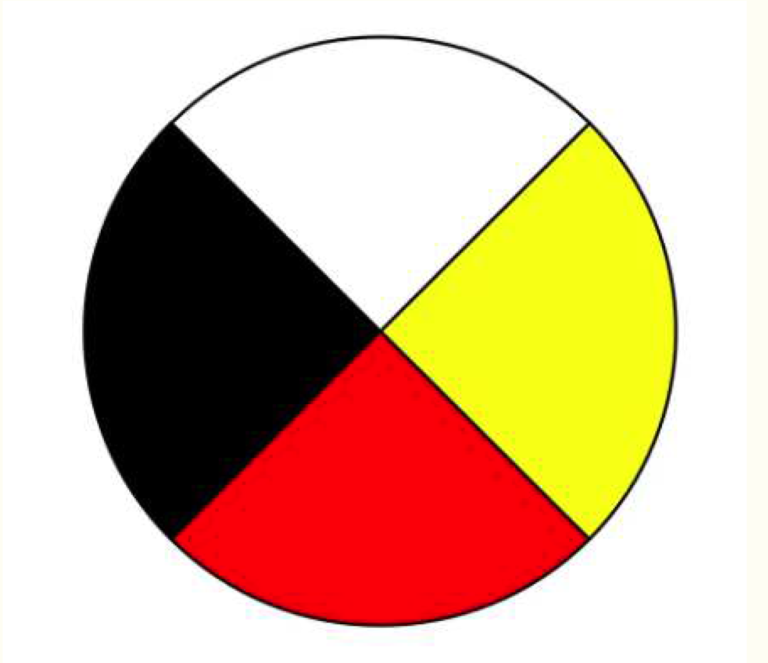Is Decolonization Unconstitutional?
The question of whether decolonization is unconstitutional in Canada prompts a complex examination of legal, historical, and political dimensions within the Canadian constitutional framework.
Decolonization, broadly speaking, is the process by which colonies achieve independence from colonial powers. It encompasses efforts to redress the injustices and imbalances of power rooted in historical colonial processes. In the context of Indigenous Peoples in Canada, decolonization often refers to the affirmation and re-establishment of Indigenous governance systems, laws, and cultural practices, and it addresses the dispossession of land and systemic inequities.
Legal Perspective: From a constitutional standpoint, decolonization in Canada is not unconstitutional. In fact, several constitutional provisions and legal principles can be interpreted as supportive of decolonization:
- Section 35 of the Constitution Act, 1982: This section recognizes and affirms existing Aboriginal and treaty rights, which can be seen as a constitutional basis for advancing decolonization efforts. It mandates a legal framework where Indigenous rights are acknowledged as fundamental to the constitutional fabric of Canada.
- The Duty to Consult: The Canadian legal system has developed a duty for the Crown to consult, and if necessary, accommodate Indigenous Peoples when government actions may affect their rights. This doctrine supports aspects of decolonization by requiring dialogue and responsiveness to Indigenous concerns.
- Calls for Reconciliation: The Truth and Reconciliation Commission of Canada, while not a constitutional entity per se, has outlined Calls to Action that include elements of decolonization, pushing for changes that align with constitutional values of equality, respect for minorities, and the honor of the Crown.
Political Perspective: Politically, decolonization can align with the spirit of the Canadian constitution, which has a history of amendment and adaptation in response to evolving societal values and the deepening understanding of the rights of Indigenous Peoples.
Social Perspective: Decolonization can be viewed as a social imperative aimed at correcting historical wrongs and systemic discrimination embedded in colonial structures, which is consistent with constitutional values of justice, equity, and respect for diversity.
Caveats: However, there are challenges and potential conflicts when applying decolonization in practice:
- Provincial vs. Federal Jurisdiction: Efforts to decolonize governance structures can encounter constitutional hurdles regarding the division of powers between the federal and provincial governments.
- Existing Precedents and Laws: There may be conflicts between decolonization initiatives and established legal precedents, statutes, or property rights that would require careful negotiation and possibly constitutional amendments.
- Variability in Indigenous Perspectives: There is a diversity of perspectives among Indigenous Peoples themselves about what decolonization entails and how it should be pursued, which may lead to constitutional debates and interpretations.
- Interpretive Flexibility: The constitution is a living document subject to varying interpretations over time, and its compatibility with decolonization will depend on the interpretations of the judiciary and the political will of governments.
In conclusion, decolonization, as a principle aimed at remedying the consequences of colonialism and affirming Indigenous rights, is not intrinsically unconstitutional in Canada. The constitution provides a framework that can support decolonization, though practical implementation may require careful legal and political navigation to align with existing constitutional norms and principles.






